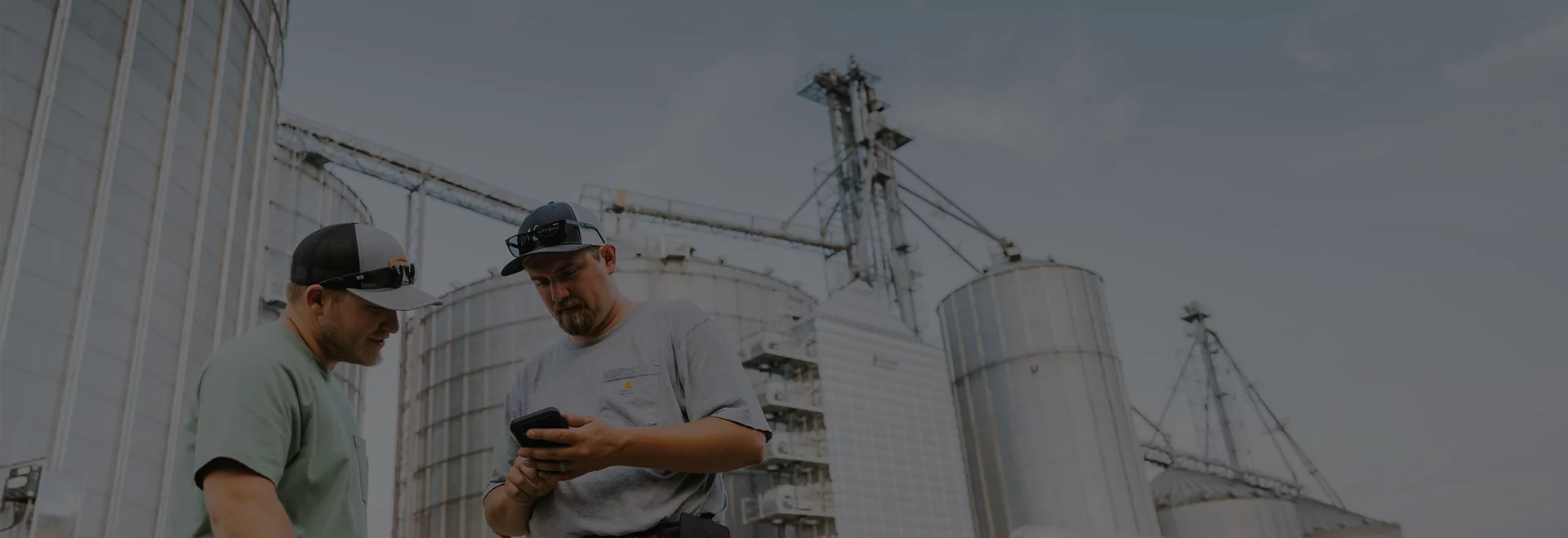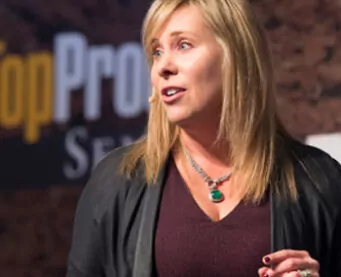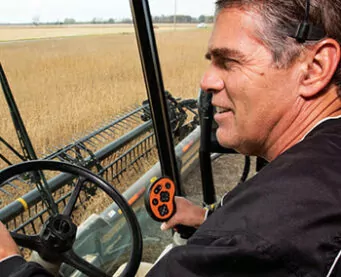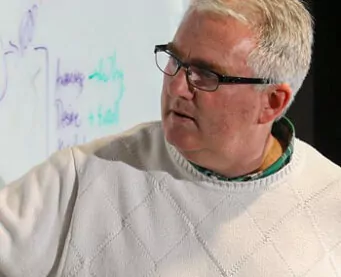Steve Patterson
The 100-year-old business that we know today as Southern States first laid roots in Richmond, Virginia when a group of farmers came together looking for a better way to farm. The necessitated entrepreneurship was funded by a $11,000 pool of funds that each of the 150 member-founders contributed to, and the Virginia Seed Service, as it was called, built a business supplying seed that would thrive in the mid-Atlantic area. A tradition of service and innovation was born.
Over the years, the member-owned cooperative added fertilizer, fuel, feed, and farm supplies, becoming a 2-billion-dollar full-service retail powerhouse; Southern States has never forgotten its roots.
In this week’s AcreForward podcast, Mike sits down with Steve Patterson, a 39-year veteran of Southern States who retired just this past year, to talk about service, loyalty, ag tech, and the leadership it takes to provide each one.
Reflecting on his tenure with Southern States, Patterson tells us that some of the most exciting parts of his career were centered around the launch of precision agriculture and the evolution of how the company focuses on the farmer.
“It makes me think about what you’re doing with Taranis…when precision ag came along it fundamentally changed agriculture. Everyone was running with it, not knowing every answer, but knowing that it would be a huge benefit to our growers and members,” he says.
People Make the Biggest Difference
Over the course of his career, Patterson has seen advancements in every sector of agriculture and prided himself on keeping up with new technologies and innovations that would better serve the Southern States customer base. Becoming certified in many facets of agronomic production and holding several prestigious board appointments, Patterson says that it was the people he was able to work with that he found to be the most rewarding and educational – and essential to the success of any business.
“Certifications are great, but the way you really grow and win is when you take a group of people from point A to point B – when you can lead people,” Patterson recalls what he says is one of the most valuable lessons ever shared with him by a fellow industry professional. “That was a teachable moment. I was so focused on agronomy that I wasn’t focusing enough on the people. You have to be a student of leadership.”
Patterson’s leadership helped to drive and grow Southern States into the customer-member-employee focused organization it is today, a focus he attributes to the company’s ongoing success.
“Southern States’ employees care, and when employees care, you can do big things,” he explains. “Every business will have challenges, you’ll always have a lot of issues, but when everyone’s giving it their all and trying hard, it’s hard to fail.”
More than a business leader, Patterson is also a published author of the book “Street Smarts for Success”. The book, he says, is a guide to focusing on how to move, lead and work with other people. The leadership philosophy shared in his book has served Patterson well in what he says is an industry without many service differences.
From the coastal plains to the plains of Nebraska, geography, production practices, and certainly field size differs significantly. From a retail perspective, Patterson tells us that there isn’t a lot of difference—retailers exist to take care of farmers and their members.
“Retailers want to know how they can help. That’s why they wear a lot of hats—it’s easy to have a conversation about agronomy, but a farmer’s biggest concern is profitability, just like an ag retailer’s, without profit, you both go away,” he says. “A retail staff has to have the ability to add value both to your business and the grower. As a retailer, you have to add value and be able to charge a margin for that value.” And he says that there are two types of salespeople.
The hallmark of a good retailer, Patterson says, is knowing how to distill information to provide exactly what a farmer needs. That anything-but-simple service saves time and money for a farmer and transforms a retail partner into a trusted advisor.
“You have to earn respect and trust from a grower. The salesman of today has to be a beast, the amount of knowledge they have to know and the ability to discern what is important and what’s not, and then distill that down to tell a grower exactly what they recommend and why—it’s not easy to get there but that’s where the value is,” he says.
To hear more of Patterson and DiPaola’s conversation, listen and subscribe to the AcreForward Podcast.




